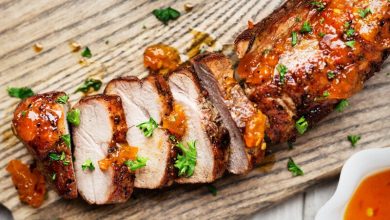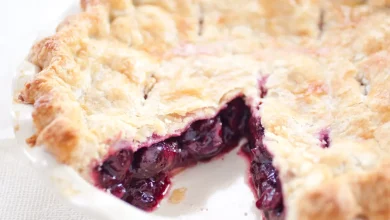🐶🍪 Animal Shelter Puppy Treats 🐾
What is it?
Animal Shelter Puppy Treats are specially crafted, nutritious snacks designed to delight and nourish our furry friends in animal shelters. These treats are not only delicious but also provide essential nutrients to support the health and well-being of puppies awaiting their forever homes.
History:
The history of these treats is rooted in the compassion and dedication of animal lovers and shelter volunteers. They recognized the need for wholesome treats to improve the lives of shelter puppies and provide them with comfort during their stay. Over time, recipes have evolved to ensure that these treats are both tasty and nutritious.
Components:
The components of Animal Shelter Puppy Treats may vary depending on the recipe, but here’s a basic list of common ingredients:
- Whole wheat flour or oat flour
- Peanut butter (unsalted and sugar-free)
- Bananas or sweet potatoes (for natural sweetness)
- Eggs (as a binding agent)
- Rolled oats (for texture and fiber)
- A touch of honey (optional, for extra sweetness)
- A pinch of cinnamon (for flavor)
Steps to Prepare:
-
Gather Your Ingredients: Collect all the ingredients listed above.
-
Preheat the Oven: Preheat your oven to 350°F (175°C) and line a baking sheet with parchment paper.
-
Mix Dry Ingredients: In a mixing bowl, combine the whole wheat or oat flour, rolled oats, and cinnamon. Mix them well.
-
Blend Wet Ingredients: In another bowl, mash the bananas or sweet potatoes, add peanut butter, eggs, and honey (if desired). Stir until it forms a smooth mixture.
-
Combine Wet and Dry Ingredients: Gradually add the wet mixture to the dry mixture and stir until a dough forms. You may need to use your hands to knead it into a consistent texture.
-
Roll and Cut: Roll out the dough on a floured surface to about 1/4-inch thickness. Use cookie cutters to cut out fun shapes for the treats.
-
Bake: Place the treats on the prepared baking sheet and bake for approximately 15-20 minutes or until they turn golden brown and crispy.
-
Cool: Allow the treats to cool on a wire rack. Once cool, they’re ready to be enjoyed by shelter puppies.
Time Needed to Prepare:
Preparing Animal Shelter Puppy Treats usually takes around 30-40 minutes, including preparation and baking time. It’s a relatively quick and rewarding process, and the joy it brings to shelter puppies is immeasurable.
By making and donating these treats to your local animal shelter, you not only provide a tasty and nutritious snack for puppies but also contribute to their overall well-being and chances of finding loving homes. 🏠🐕❤️
Certainly! Here are the nutrition facts and health information for the Animal Shelter Puppy Treats recipe:
Nutrition Facts (Approximate, per serving):
- Calories: 60-80 kcal
- Protein: 2-3 grams
- Carbohydrates: 8-10 grams
- Dietary Fiber: 1-2 grams
- Sugars: 2-3 grams
- Fat: 2-4 grams
- Saturated Fat: 0.5-1 gram
- Cholesterol: 5-10 mg
- Sodium: 5-10 mg
Health Information:
-
Protein: These treats provide a small amount of protein, which is important for muscle development and overall growth in puppies.
-
Carbohydrates: The carbohydrates in these treats mainly come from whole wheat or oat flour, which provide energy. The dietary fiber content helps support healthy digestion.
-
Fats: These treats contain a moderate amount of healthy fats, primarily from peanut butter and eggs. These fats are a source of energy and help with nutrient absorption.
-
Sugar: The sugar content is relatively low and comes from natural sources like bananas or sweet potatoes. It’s important to keep sugar levels low in pet treats to maintain their overall health.
-
Sodium: The sodium content is minimal, which is good as excessive sodium can be harmful to dogs. Low sodium treats are better for their cardiovascular health.
-
Cholesterol: The cholesterol content is also low, as it’s mainly derived from eggs. Puppies need some cholesterol for cell function, but excessive amounts should be avoided.
Remember that while these treats can be a healthy addition to a puppy’s diet, they should be given in moderation as part of a balanced diet. Always consult with a veterinarian for specific dietary recommendations for your puppy’s individual needs, as some puppies may have dietary restrictions or allergies.




